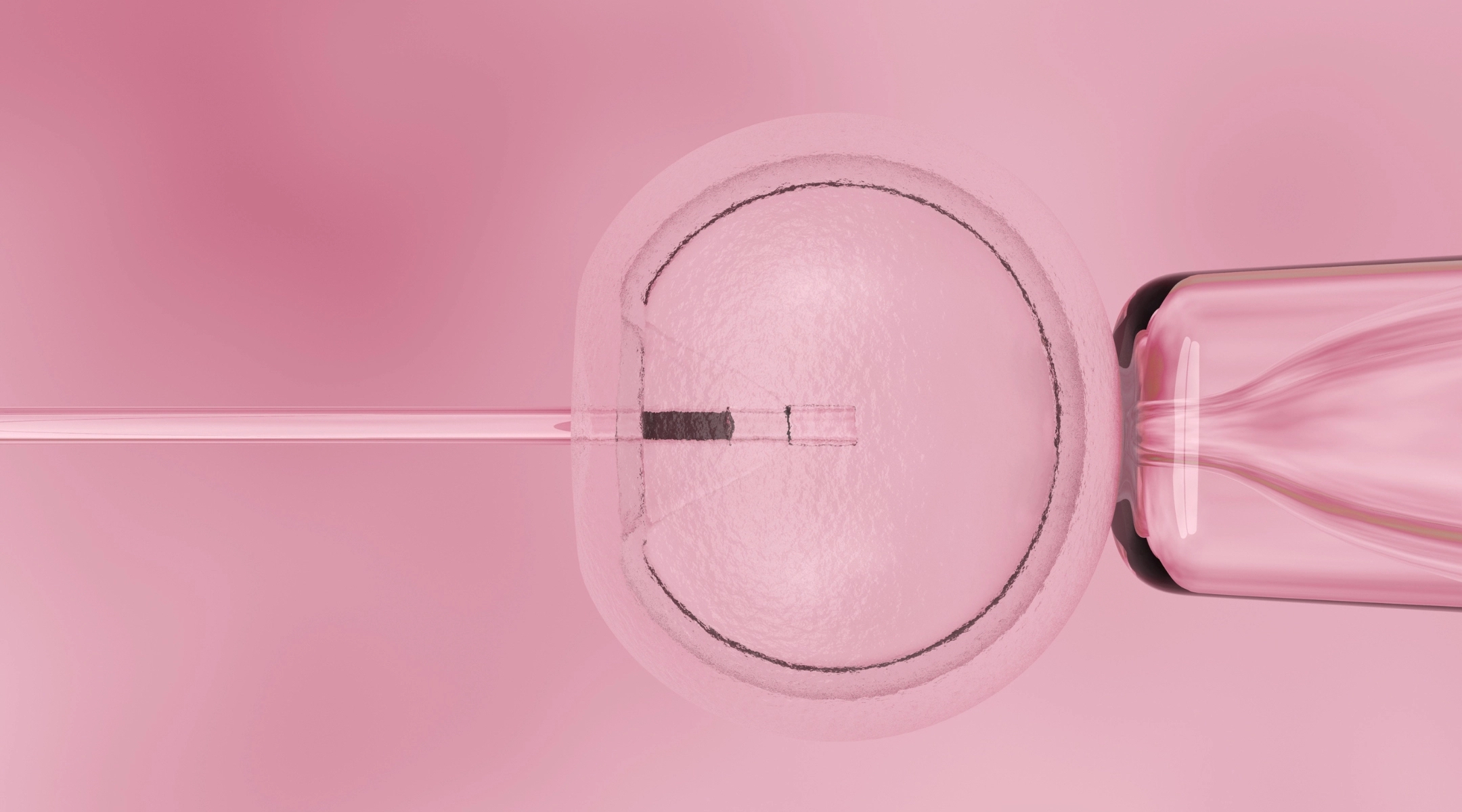A Kentucky judge tossed out a lawsuit filed by three Jewish mothers who challenged the state’s abortion law on religious freedom grounds.
On Friday, Jefferson County Circuit Judge Brian C. Edwards ruled that because none of the three women were currently pregnant — meaning that their case was based on “fears of hypothetical future harm” — the suit could not advance.
Plaintiffs Lisa Sobel, Jessica Kalb and Sarah Baron argued in their lawsuit, filed in 2022, that Kentucky’s abortion law created obstacles to in-vitro fertilization, placing undue burdens on the process of conceiving a child and violating Jewish understandings of when life begins.
Sobel, Kalb and Baron are among a slate of Jewish plaintiffs across America fighting in court for reproductive rights on religious freedom grounds in the years following the Supreme Court’s 2022 reversal of Roe v. Wade, which granted federal protections for abortion. The Kentucky decision came two weeks after a Missouri judge rejected a suit filed by interfaith clergy, including rabbis, challenging that state’s abortion restrictions.
In the Kentucky case, Edwards ruled that the plaintiffs lacked standing.
“In the case before this Court, the alleged injuries of the three Plaintiffs are hypothetical as none are currently pregnant or undergoing IVF at the present time. Accordingly, the Court simply cannot find that the Plaintiffs have shown ‘the existence of an actual controversy respecting justiciable questions,’” he wrote in his opinion Friday.
All three plaintiffs in the Kentucky case said they are religiously motivated to grow their families. All three have already had children and want to have at least one more, but will need to undergo IVF treatments in order to do so for health reasons. The Kentucky law places restrictions on the disposal of surplus embryos, which is part of the process of IVF.
Debates stemming from the reversal of Roe v. Wade have led to challenges to IVF elsewhere, most notably in Alabama, whose top court ruled earlier this year that frozen embryos are human beings and those who dispose of them can be held liable for wrongful death. The state subsequently enacted a law protecting IVF providers from such lawsuits.
According to the Kentucky lawsuit, Kalb is currently paying fees for the storage of nine embryos that were created during a previous IVF process, and she worries that she may be forced to carry a non-viable fetus to term should she choose IVF again. She also worries about being charged with homicide if she chooses to discard the surplus embryos, the lawsuit said.
“We are deeply disappointed by Judge Edwards’ decision to dismiss our lawsuit on the grounds of standing. This ruling overlooks critical issues central to our case, which are of profound importance to countless individuals and families across our state,” Sobel wrote in a public post on the GoFundMe page that sought to raise funds for the plaintiffs’ legal fees. “We should not have to go through the emotional process that is financially costly before we find out we may have to leave the state or face prosecution because we have non-viable pregnancies or embryos we cannot use.”
Kentucky Attorney General Russell Coleman praised the ruling and denied that the abortion law hinders IVF in the state.
“We applaud the Court’s decision to uphold Kentucky law,” Coleman said in a statement on Friday. “Most importantly, the Court eliminates any notion that access to IVF services in our Commonwealth is at risk. Today’s opinion is a welcome reassurance to the many Kentuckians seeking to become parents.”
JTA has documented Jewish history in real-time for over a century. Keep our journalism strong by joining us in supporting independent, award-winning reporting.






